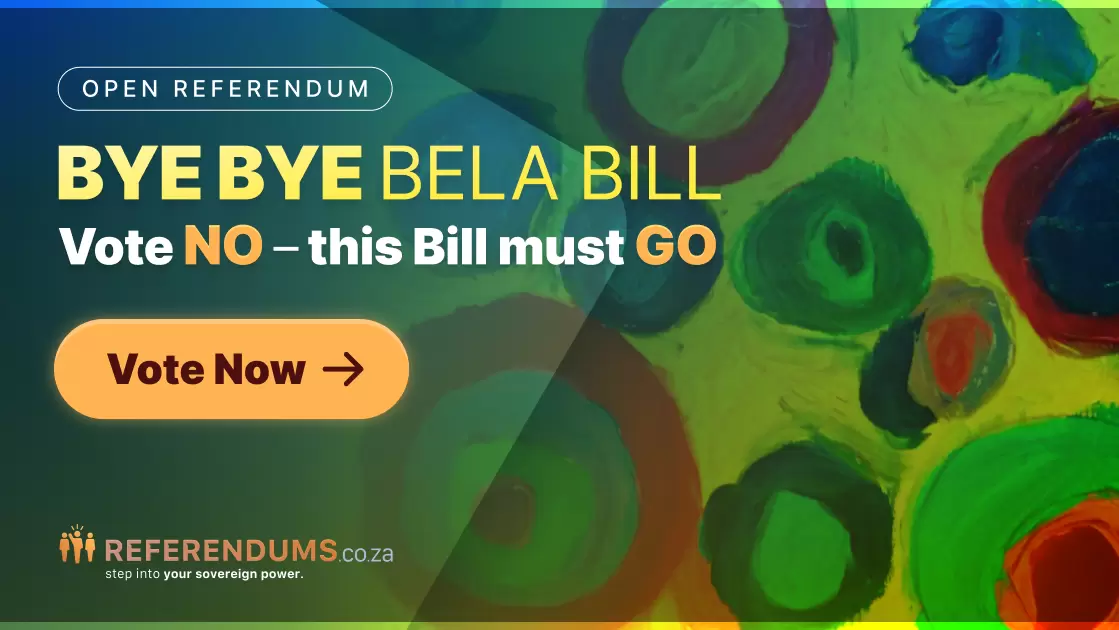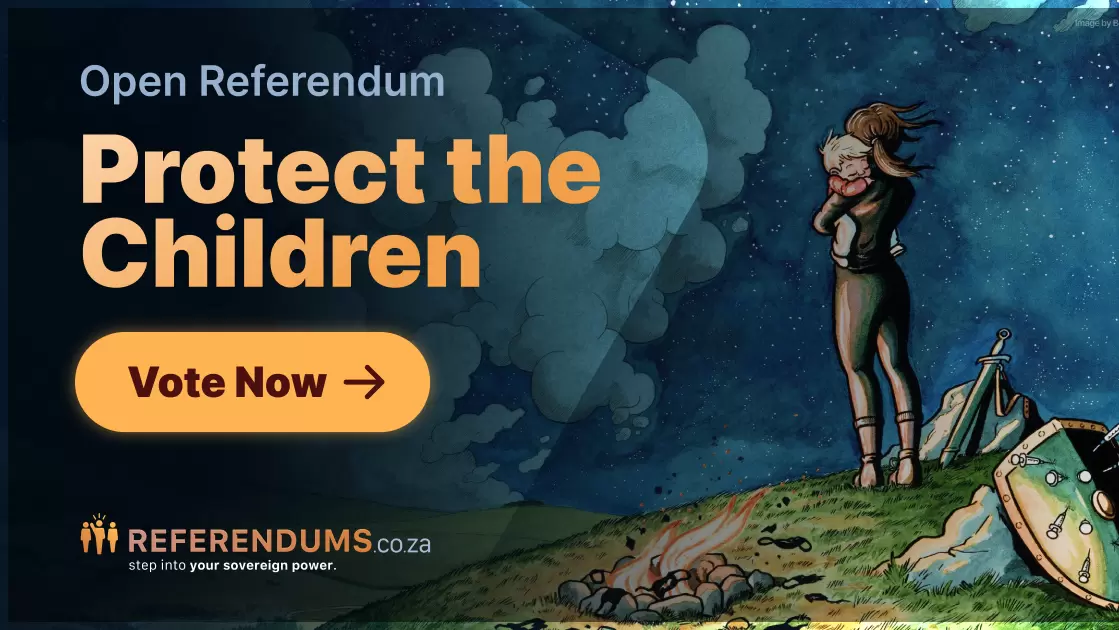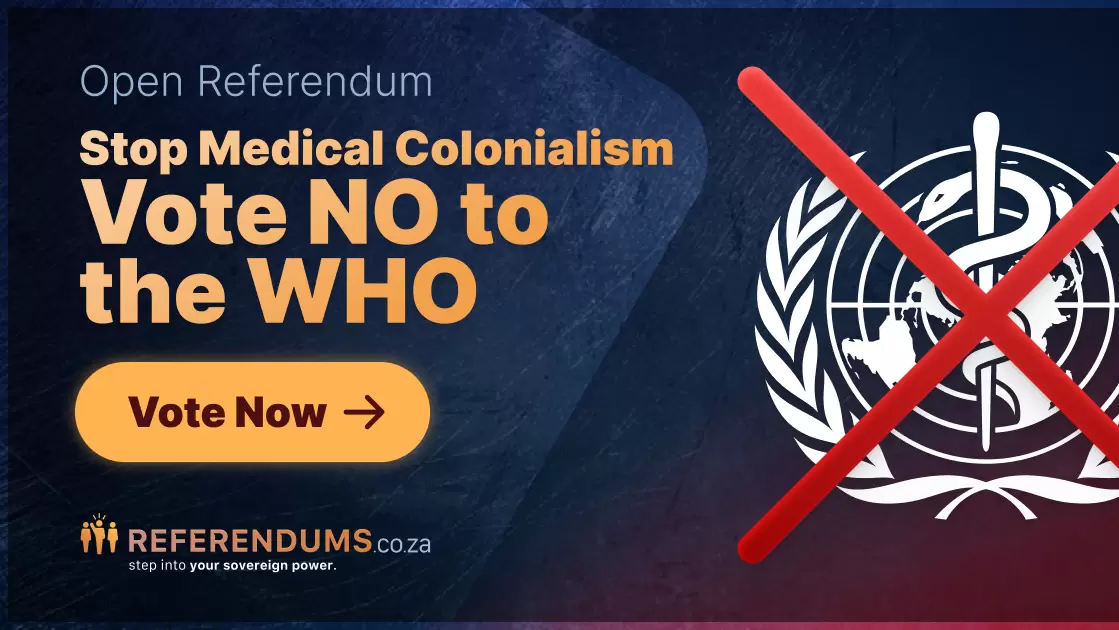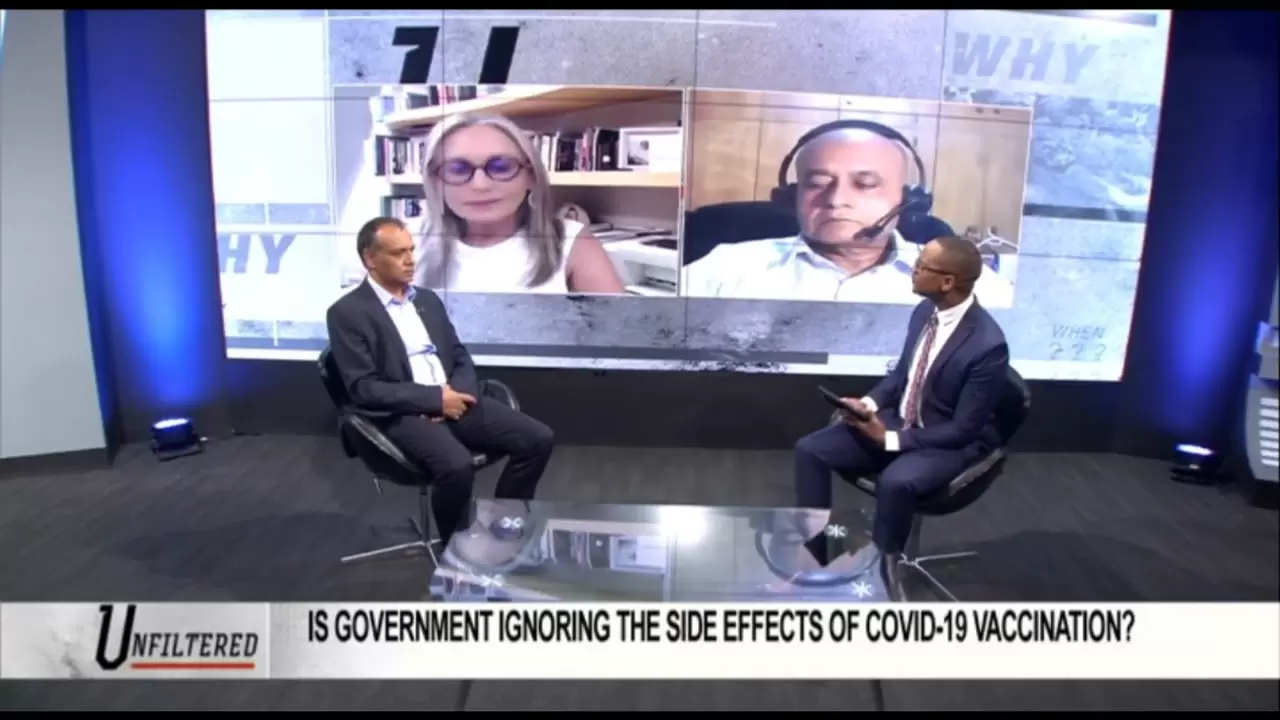COVID-19 “Vaccine” Religious Exemptions
Islamic
What to do if your application for religious exemption is rejected
Courtesy Pearl Kupe, LLB, LLM, PGD
This document sets out an alternative process for individuals to follow if their religious exemption applications have been denied or rejected. Covid protocols and regulations allow for applications for exemptions to be made. This includes Religious and Medical exemptions.
Challenges Faced Regarding the Rejection of Exemptions
CHALLENGE 1
The first challenge currently being faced is that most medical exemptions in South Africa are being denied and NO religious exemptions are being granted. This shows ultimately, that exemptions were merely put in place for show and to deceive people into thinking that they were not being coerced into taking the covid vaccination.
CHALLENGE 2
The second challenge being faced with regard to rejected medical and religious exemptions is that attempting to get relief through the Courts, the CCMA, SAHRC and other similar institutions can prove to be an arduous and lengthy process with the current backlog of cases. Justice delayed is justice denied and so justice must be speedily dispensed for it to be true justice. This means that an alternative route must be explored to ensure that justice is speedily dispensed.
SUGGESTED ALTERNATIVE ROUTE
CRL-Commission for the Promotion and Protection of Cultural, Religious and Linguistic Rights is a chapter nine institution that was established to strengthen constitutional democracy.
The following was sourced from the CRL website:
When can a community lodge a complaint with the Commission?
A person belonging to a cultural, religious or linguistic community may lodge a complaint with the Commission when that person/community believes that rights are threatened or that they are denied the right to enjoy and practice their culture and religion and use their language; as well as when that community is denied the right to freely form, join and maintain cultural, religious and linguistic associations.
How should complaints to the CRL be lodged?
- A complaint should be made in writing, in prescribed forms in various ways including walk-in, fax, email, postal address, referrals, telephone, and any other mode of communication.
- The Complainant must complete a complaint form in order to capture his/ her personal details.
- Forms can also be accessed on the website of the Commission, or by requesting the Commission to send such to those in need.
- However, the Commission will assist those who cannot write or the disabled to put their complaints in writing.
What is the CRL Mandate?
MANDATE 1
The first mandate of the CRL is to strengthen constitutional democracy. The CRL exists to strengthen constitutional democracy and these are the following constitutional provisions that may be put to the CRL in support of your religious exemption.
Chapter 2 Bill of Rights-Section 9 (3) deals with Equality and says, “the state may not unfairly discriminate directly or indirectly against anyone on one or more grounds, including race, gender, sex, pregnancy, marital status, ethnic or social origin, colour, sexual orientation, age, disability, religion, conscience, belief, culture, language and birth.
Chapter 2 Bill of Rights, Section 9 (4) continues to say “No person may unfairly discriminate directly or indirectly against anyone on one or more grounds in terms of subsection”
Chapter 2 Bill of Rights, Section 10 of the constitution – the right to Human dignity. Everyone has inherent dignity and the right to have their dignity respected and protected.
Article 1 of the Nuremberg Code and Chapter 2, Bill of Rights, Section 12 (2) of the Constitution deals with protecting the rights to bodily and psychological integrity, and states that individuals have the right to bodily and psychological integrity, which includes the right:
- to make decisions concerning reproduction,
- to security in and control over their body, and
- not to be subjected to medical or scientific experiments without their informed consent.
Chapter 2, Bill of Rights Section 15 of the Bill of Rights as enshrined in the Constitution (SA, 1996a) provides everyone the right to freedom of conscience, religion, thought, belief and opinion.
MANDATE 2
The second key mandate of the CRL is to provide space for each of the cultural religious and linguistic communities. Individuals making an application for religious exemption must show how their right to have space in a religious context has been violated.
MANDATE 3
The third key mandate of the is reflected in its mission which is “to foster the rights of communities to freely observe and practise their culture, religion and language”. Individuals must set out how they have been denied the right to freely observe and practise their faith and can do so by articulating some of the religious reasons set out below:
Religious Rationale
- In the Constitutional Court case, MEC for Education: KwaZulu-Natal and Others v Pillay 2008 (2) BCLR 99 (CC), the Constitutional Court held that in order to determine if a practice or belief qualifies as religious, a court should ask only “whether the claimant professes a sincere belief”. When making an application on the basis of religion or your belief, the applicant must demonstrate that the belief is genuine and sincere.
- As an example, individuals may use Scriptures such as 1 Corinthians 6:19 Body is the Temple of the Holy Spirit.
- Individuals may use 1 Corinthians 6:19 to support a desire to not defile their bodies with clinical trial vaccinations that have not been sufficiently tested.
- Individuals may also state that they do not wish to contaminate their bodies with vaccinations that are made from aborted foetal tissue. Support can be found in the following links:
https://theconversation.com/cells-from-human-foetuses-are-important-for-developing-vaccines-but-theyre-not-an-ingredient-157484
http://publichealth.lacounty.gov/media/Coronavirus/docs/vaccine/VaccineDevelopment_FetalCellLines.pdf
https://www.science.org/content/article/abortion-opponents-protest-covid-19-vaccines-use-fetal-cells
Be encouraged to file/lodge your case with the CRL which is mandated to give proper attention to religious masses and to protect your right of freedom of religion, belief and opinion.







